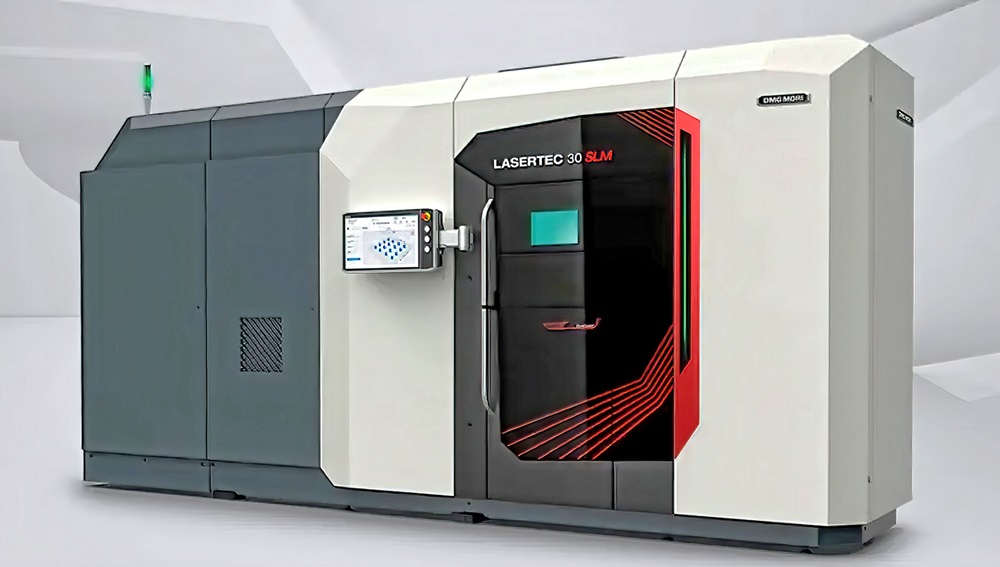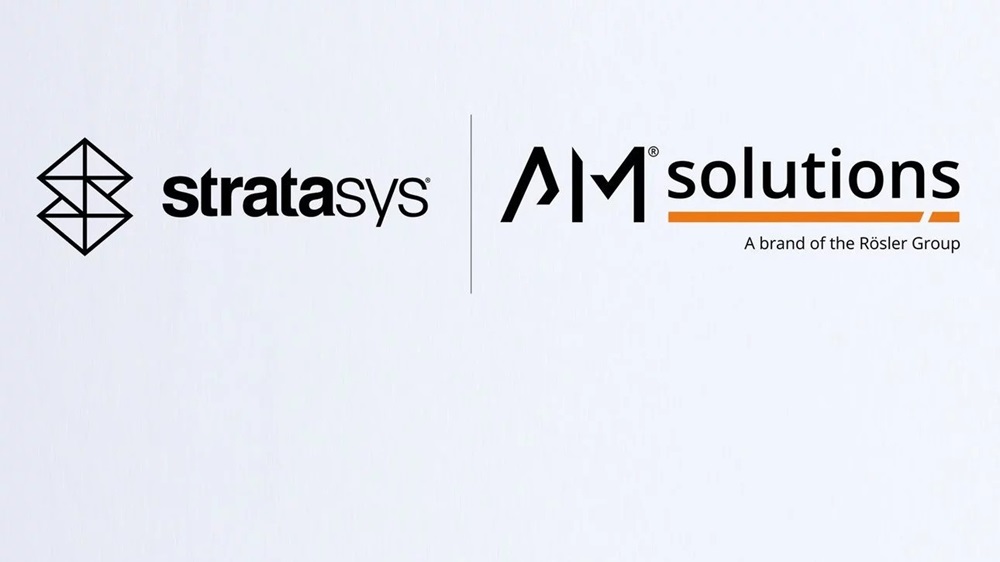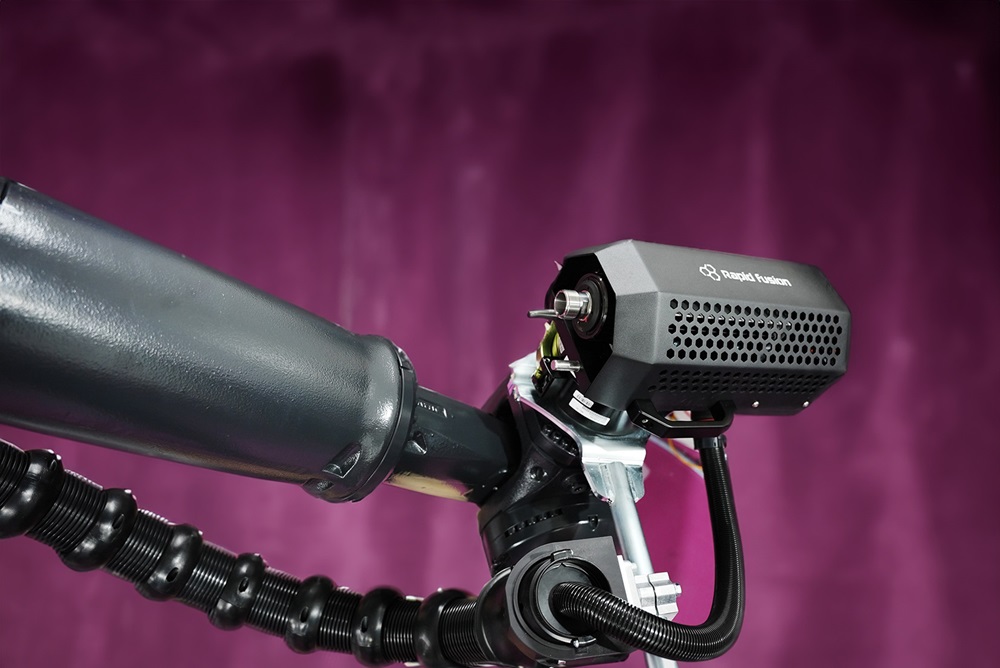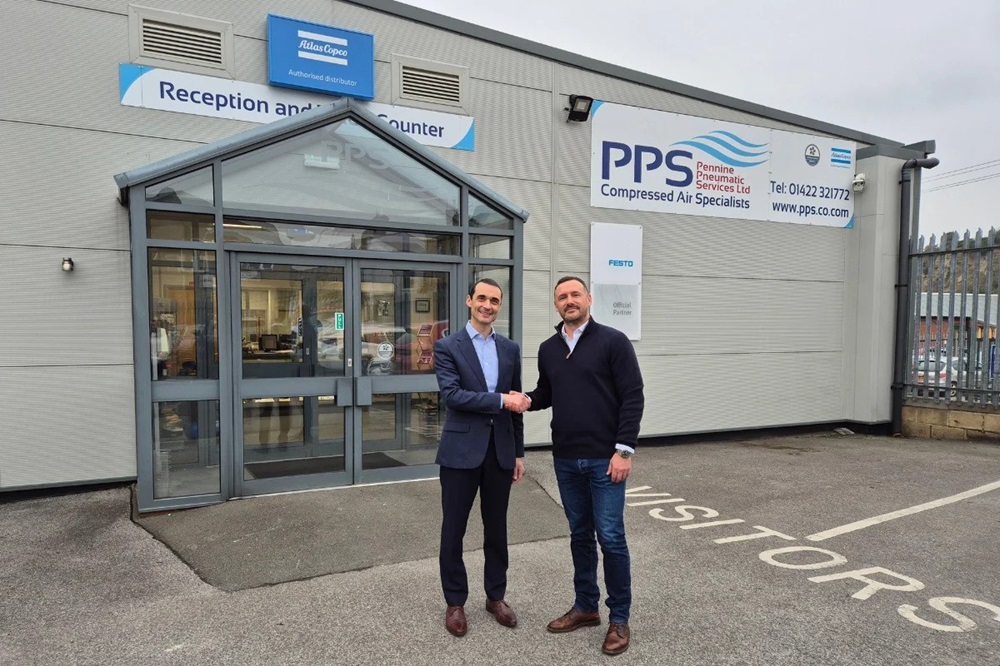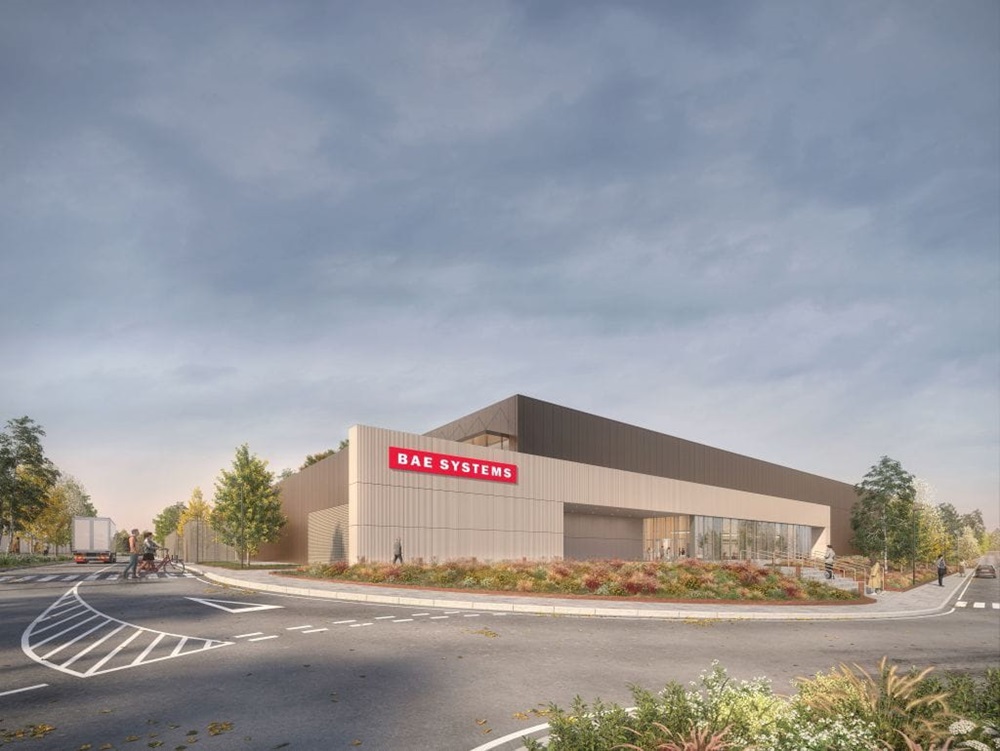A new additive manufacturing (AM) machine, the third generation of the LaserTec 30 SLM, is now available from DMG Mori. The company says that the selective laser melting (SLM) platform has been completely redesigned to combine robustness and repeatability with thermal stability. It features a fully overlapping quad-laser working area and a build volume of 325 x 325 x 400 mm.
The latest LaserTec 30 SLM builds on the strengths of previous versions, while accommodating suggestions from customers in an ever-changing AM market. A notable feature is – unusually in the field of AM – a rigid cast structure based on the material and design principles of the majority of DMG Mori’s milling and turning machines.
Unlike with metal-cutting machine tools, there are no appreciable forces transmitted to the structure of the LaserTec 30 SLM from movement of the axes. The rationale for using a casting in this latest AM machine is to resist thermal expansion due to unavoidable temperature changes. DMG Mori has many years of experience in minimising the effect of, and compensating for, temperature changes within its products.
Care has been taken to ensure that the process chamber is an isolated unit within the machine and free to expand and contract in all directions as the temperature varies. In contrast, the optics are mounted on the rigid cast frame. The distance between the optics and the surface layer of the powder bed remains constant by calibrating the bi-directional re-coater and actively compensating for any displacement in the Z axis.
To reduce the time delay between successive builds and to increase flexibility, DMG Mori’s rePLUG units simplify and speed the changing of materials.
More information www.dmgmori.com






